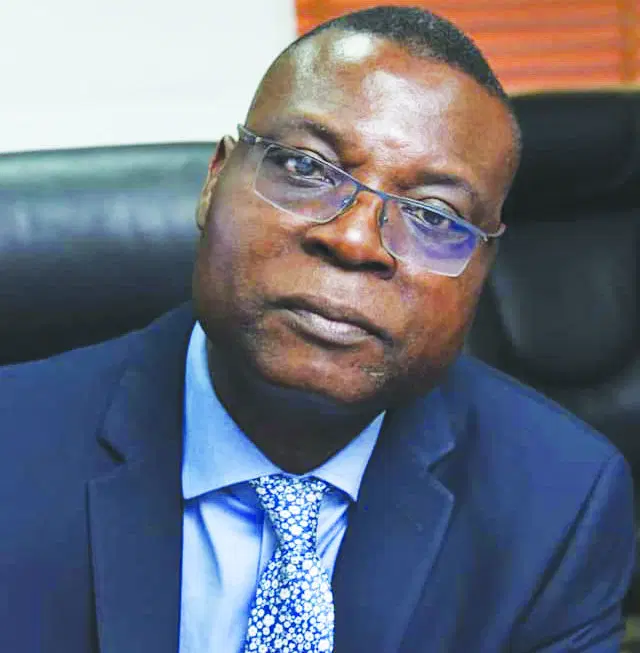In the context of Nigeria’s Digital Switchover (DSO), recent observations highlight the pressing issues confronting the new government initiative. The implementation of the DSO process has encountered significant hurdles, raising concerns about the effectiveness and feasibility of the new configuration.
The introduction of the DSO was initially seen as a transformative opportunity for the Nigerian broadcasting sector. Signal distributors and Set Top Box (STB) manufacturers, who invested heavily based on promises of lucrative returns and exclusivity, are now facing severe challenges. The recent reconfiguration of the DSO template has excluded these stakeholders, leading to legal action to protect their investments.
The Nigerian National Broadcasting Commission (NBC) initially set up a framework involving signal carriers like Pinnacle and Integrated Television Services (ITS) and various STB manufacturers. These entities invested in infrastructure and technology with the expectation of exclusive rights to operate for two years. However, recent changes in the DSO configuration, including the shift to a hybrid Android/DTH model, have disrupted these plans and left many businesses at risk.
This situation mirrors past issues with government-led initiatives, where reforms intended to spur growth instead led to uncertainty and conflict. For comparison, the U.S. managed a smoother transition in 2007 by providing coupons for digital converters and ensuring comprehensive coverage for all households. Nigeria’s DSO process, in contrast, has been marred by delays and recent setbacks, including a substantial budget allocation of N10 billion to revitalize the initiative.
The legal battle involving the Set Top Box Manufacturers of Nigeria, including companies like Gospell Digital Ltd and Trefonics Electronics, underscores the tensions between government policies and private sector interests. The Federal High Court’s intervention highlights the deep frustrations within the sector and the potential for prolonged disputes that could hamper progress.
The shift from previously planned STBs to a new hybrid model raises concerns about the impact on existing investments and the overall integrity of the DSO process. Stakeholders argue that the lack of proper engagement and consultation has led to avoidable conflicts and business disruptions.
In light of these issues, it is essential for the authorities to revisit their approach. A dispute resolution meeting involving all stakeholders could help address grievances and facilitate a more collaborative implementation of the DSO. Engaging with investors and businesses in a transparent and inclusive manner is crucial for the successful execution of such a complex and impactful project.
Failure to resolve these issues effectively may not only hinder Nigeria’s digital transition but also damage its reputation in the international community. The DSO process, sanctioned by the International Telecommunication Union (ITU) since 2006, has significant implications for Nigeria’s broadcasting future, and its success hinges on careful management and stakeholder cooperation.

